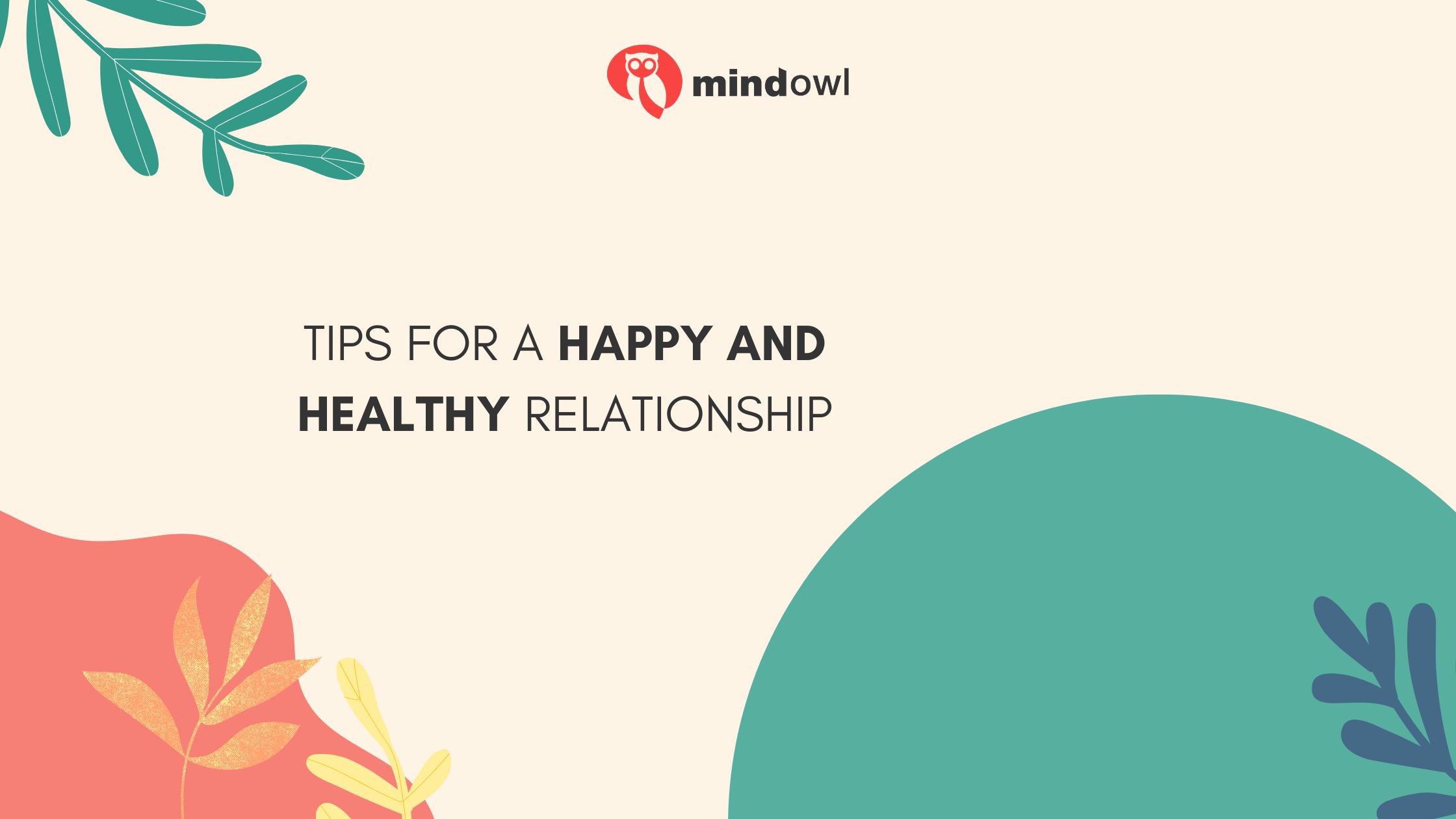A healthy, happy relationship is built on trust, communication, and mutual respect. While every relationship has its ups and downs, the key to a lasting partnership is the effort both individuals put into maintaining the bond. Whether you are newly dating or have been together for years, focusing on your relationship’s health can help you overcome challenges and build a stronger connection. This guide offers tips for creating a joyful, supportive, and enduring relationship.

1. Couples’ Therapy: Investing in Your Relationship
One of the most valuable tools for maintaining a strong relationship is couples therapy. When challenges arise, it can be difficult to navigate them alone, and having a professional to guide you through tough times can make a world of difference. Couples therapy provides a safe, neutral space where both partners can express their feelings and concerns. It encourages open communication and helps couples gain a deeper understanding of each other’s needs and emotions. Sometimes, it’s necessary to seek external help to break through communication barriers or resolve unresolved issues. Also, Couples Counseling Jupiter, FL offers professional guidance for couples looking to strengthen their bond, improve communication, and address specific challenges. Even if your relationship is doing well, occasional therapy sessions can help you develop better conflict-resolution skills and prevent future problems from escalating.
2. Prioritize Communication
Effective communication is the foundation of any strong relationship. When partners can openly share their thoughts, feelings, and concerns, it fosters trust and mutual understanding. On the other hand, poor communication can lead to misunderstandings and resentment. Make it a point to listen actively to your partner, show empathy, and express yourself clearly and respectfully. It’s also important to check in with each other regularly. Relationships require consistent effort, and even small gestures, such as asking about your partner’s day or discussing goals for the future, can help you stay connected. In addition, be open to feedback from your partner and be willing to adjust your behavior or approach when necessary.
3. Make Time for Each Other
In the hustle and bustle of daily life, it’s easy to become distracted by work, social commitments, and other responsibilities. However, it’s important to prioritize quality time together. Whether it’s a regular date night, a weekend getaway, or simply spending a few quiet moments together each day, time spent connecting with your partner strengthens your bond and promotes emotional intimacy. Make a conscious effort to disconnect from distractions, such as phones or television, and focus on each other. Engage in activities that you both enjoy, whether that’s cooking together, taking walks, or having meaningful conversations.
4. Respect Each Other’s Individuality

While being in a relationship means sharing your lives, it’s equally important to respect each other’s individuality. Healthy relationships allow both partners to maintain their interests, friendships, and goals. Encouraging each other’s personal growth helps strengthen the relationship by fostering mutual respect and appreciation. It’s important to support each other’s dreams and aspirations, whether they relate to careers, hobbies, or personal development. Being in a relationship doesn’t mean sacrificing your individuality; instead, it means celebrating and supporting each other’s uniqueness.
A happy and healthy relationship requires ongoing effort, open communication, and a willingness to grow together. By investing in therapy, prioritizing communication, spending quality time, and respecting each other’s individuality, couples can build a strong foundation for a lasting partnership. Remember that no relationship is without challenges, but by facing those challenges together, you can create a loving, supportive, and fulfilling connection.
MindOwl Founder – My own struggles in life have led me to this path of understanding the human condition. I graduated with a bachelor’s degree in philosophy before completing a master’s degree in psychology at Regent’s University London. I then completed a postgraduate diploma in philosophical counselling before being trained in ACT (Acceptance and commitment therapy).
I’ve spent the last eight years studying the encounter of meditative practices with modern psychology.

